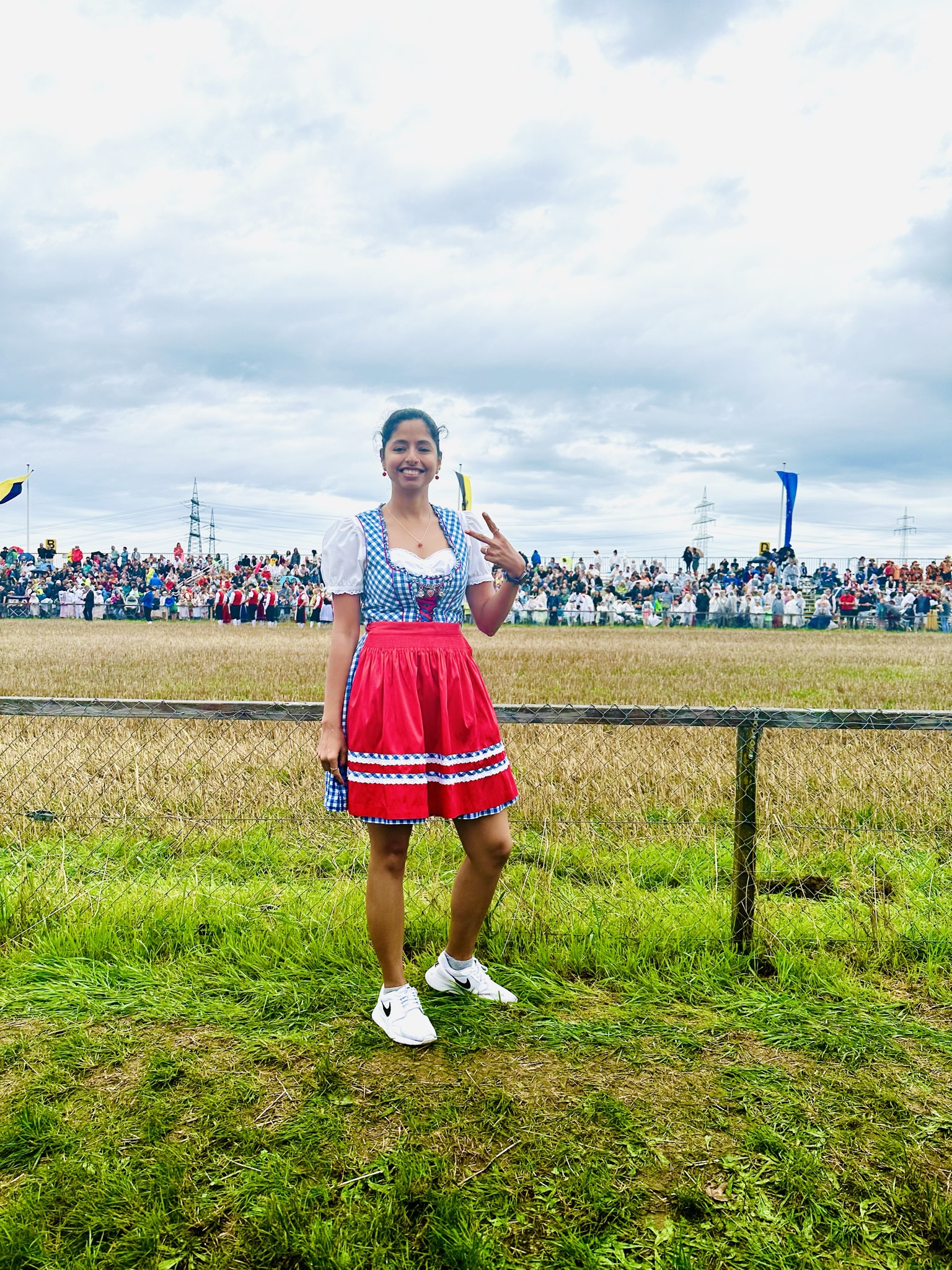Being A Minimalist In Germany

At home
Being a minimalist in Germany differs greatly from being one in India. The biggest revelation I had was that it is much easier to be a minimalist out there in Germany. In India, for example, access to online payment enables the influx of a lot of small consumables at home, this is one of the biggest barriers to accumulating things in Germany. The other benefit, at least in my case, was that we chose a furnished house. So, the burden of furnishing and decorating lies in the hands of the owner and not us. We, of course, had a few trinkets to customise the home to our own needs. But we just had to take care of being selective in that area.
At work
The biggest change in work life that was introduced during the Corona period, was the possibility of remote work. Companies now offer hybrid or fully remote working options. This means we need to maintain a workstation at home and typically a workstation at the office which is inside a cubicle of sorts. Unlike India, the European offices do not carry religious symbols like the Ganesha statues or other statues at work. The company itself adds some indoor plants but very few colleagues bring them on their own, because of the hybrid works structure. I have observed fewer and fewer colleagues customising their workplace to include personal trinkets. If anything, we pay much more attention to the workstation at home. The effort goes into keeping that minimal and tidy.
In finance
The standard Indian dream of getting a job, getting married, buying a house and buying a car, doesn’t apply in the German environment. Getting a job translates to finding an occupation that you’re passionate about. This could be as varied as being part of the automotive industry to being part of a metal band due to a matured government structure for providing allowances to the unemployed. Very few people go into careers motivated by money. Getting married is usually a decision to support tax benefits and not much else. Buying a house is not a common desire at all. People are happy renting a house all their lives because it gives them the freedom to work wherever they want. Buying a car is certainly a high-priority dream for any German given the world’s best quality of roads. Dictated by these needs the pressure for financing their life is much less on Germans than on Indians. The living expenses, wedding expenses, and house expenses are all much lower. Due to the long war history, the Germans are very much likely to save money and invest them for the future. They are famous for applying to a dozen of different insurances.
In food
Germans are a big fan of the variety of breads. They arguably have the most variety of breads available in the world. They’re also the masters of sausages. Hamburger and hotdogs in America have their roots in the German population that migrated there. There is a lot of cross-European and Turkish influence in the kind of food available across Germany. Donner kebab, for example, is one such popular food item that comes from Turkey in the Middle East. Germans are very practical in their meals as well. They often cook for the week and cook in batches. They don’t have a culture of having every meal hot. This makes their food preparation quite minimal.
In wardrobe
Germany, as most people already know, is not famous for its fashion. Berlin and Munich are definitely exceptions. The all-black look from Berlin is a signature of the city. Other than that, Germans consider their wardrobe to be very practical and outdoorsy. Hiking is a key hobby for many, and you see this as soon as you land in Germany. The jackets and shoes are very hiking-friendly. Because of the cold weather most of the year, you will rarely see Germans in shorts or minis. They rather switch to lighter fabrics in the summer. Even though the possessions in German houses are high in number, the clothes are not that many. Because of the war background, they tend to keep backups of everything in the house. You can see that also during their travels. In terms of closet size though, you will see them owning a few high-quality items. Even when they cannot afford big brands, they save to buy them. This is why you see fewer fast fashion shops around, that are known for trendy low quality and short-term use garments. A typical German takes pride in owning things of high quality and for longer periods. This means they are also big believers in sustainable fashion. I haven’t seen any other European country so full of thrift stores. Clothing swaps are fairly common in every city in Germany.
A big chunk of this article is subjective to my perspective of Germany and German culture. Please leave a comment when you relate to any of the things I shared here. Also, it will be interesting to know what are your experiences of the minimalism culture in Germany.




